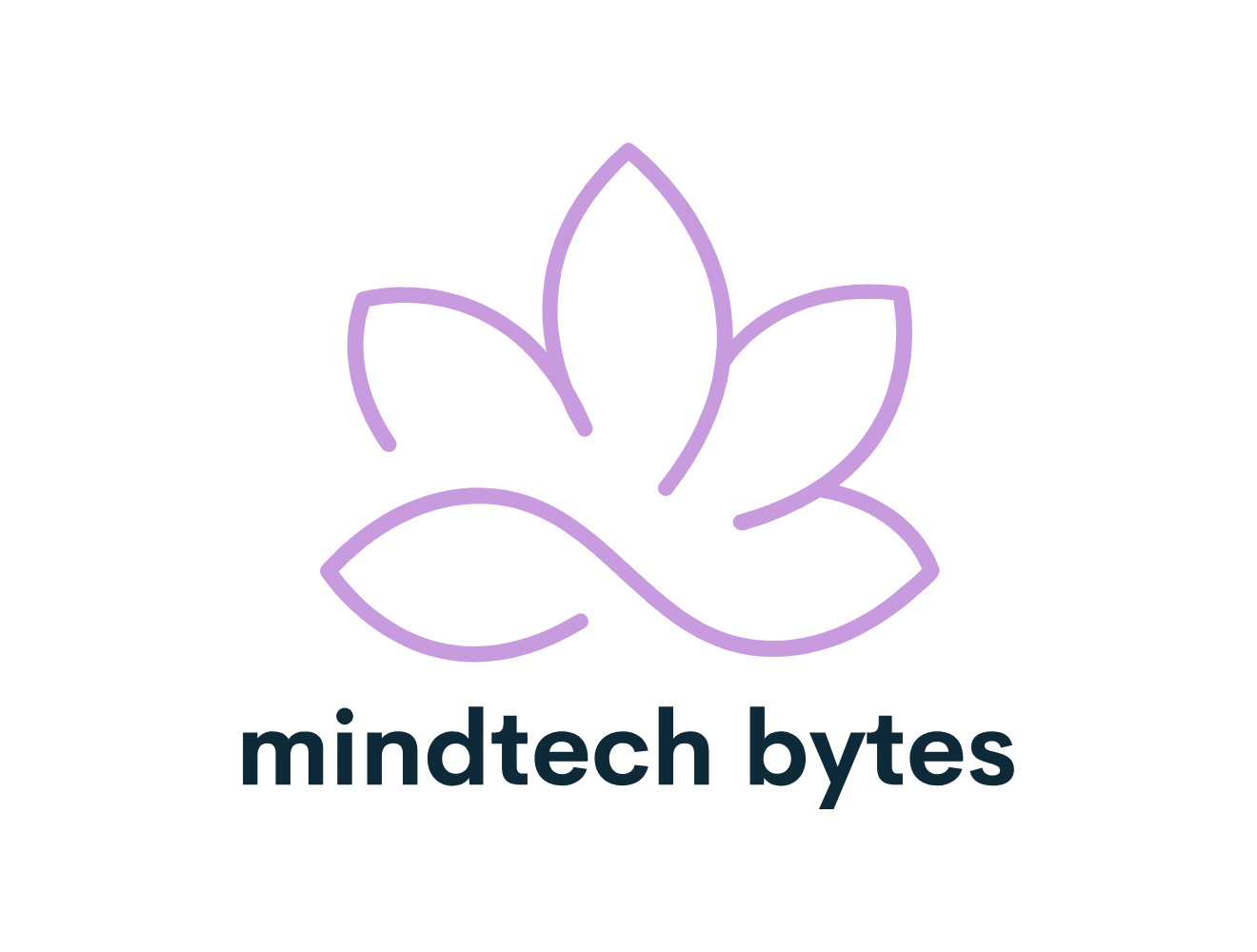The Future of Mental Health: Can This Tech to HELP ANXIETY?
The Rise of Mental Health Tech
As a licensed therapist, I’ve seen firsthand the devastating impact of anxiety on individuals. But, I’m excited to report that the world of mental health is undergoing a revolution – and it’s all thanks to technology. Mental health tech, or "digital therapeutics," is a rapidly growing field that’s changing the way we approach anxiety treatment. And, as someone who’s tired of seeing my clients struggle with trauma, I’m eager to dive in and explore the possibilities.
What is Mental Health Tech?
Mental health tech refers to a range of digital tools and platforms designed to support mental wellness. This can include apps, online therapy platforms, wearable devices, and even video games. The common thread? They all aim to provide accessible, affordable, and effective support for individuals struggling with mental health issues.
Anxiety-Specific Features
So, what sets mental health tech apart from traditional therapy? For one, it’s often more convenient. With mental health tech, you can access support from the comfort of your own home, at any time. No more waiting lists or geographical restrictions. Additionally, many platforms offer personalized content, tailored to your unique needs and preferences.
The Science Behind It
But, what about the science? Research has shown that mental health tech can be just as effective as traditional therapy in reducing symptoms of anxiety. A 2018 study published in the Journal of Affective Disorders found that a digital cognitive-behavioral therapy program reduced symptoms of generalized anxiety disorder by 40%. That’s impressive, folks!
The Pros and Cons
As with any new technology, there are pros and cons to consider. On the plus side, mental health tech offers increased accessibility, flexibility, and convenience. However, some critics argue that it can lack the human touch, the empathy and connection that comes with in-person therapy.
My Take
As a licensed therapist, I’m excited to experiment with mental health tech. I believe it has the potential to reach underserved populations, provide additional support for those already in treatment, and even augment traditional therapy. But, I’m also aware of the limitations. That’s why I’m committed to exploring the intersection of technology and therapy, to ensure that we’re using these tools in a way that benefits, rather than hinders, our clients.
Key Takeaways
Here are a few key takeaways to keep in mind:
- Mental health tech has the potential to revolutionize the way we approach anxiety treatment, offering increased accessibility and convenience.
- While there are pros and cons to consider, the science suggests that mental health tech can be just as effective as traditional therapy in reducing symptoms of anxiety.
- As a therapist, it’s essential to stay informed about the latest developments in mental health tech, to ensure that we’re using these tools in a way that benefits, rather than hinders, our clients.
Frequently Asked Questions
Q: Is mental health tech a replacement for traditional therapy?
A: No, mental health tech is meant to be a complement to, not a replacement for, traditional therapy.
Q: Is mental health tech only for those with severe anxiety?
A: No, mental health tech can be beneficial for anyone experiencing anxiety, regardless of severity.
Q: Is mental health tech only for individuals?
A: No, mental health tech can be used by individuals, couples, and even groups, depending on the platform and purpose.


